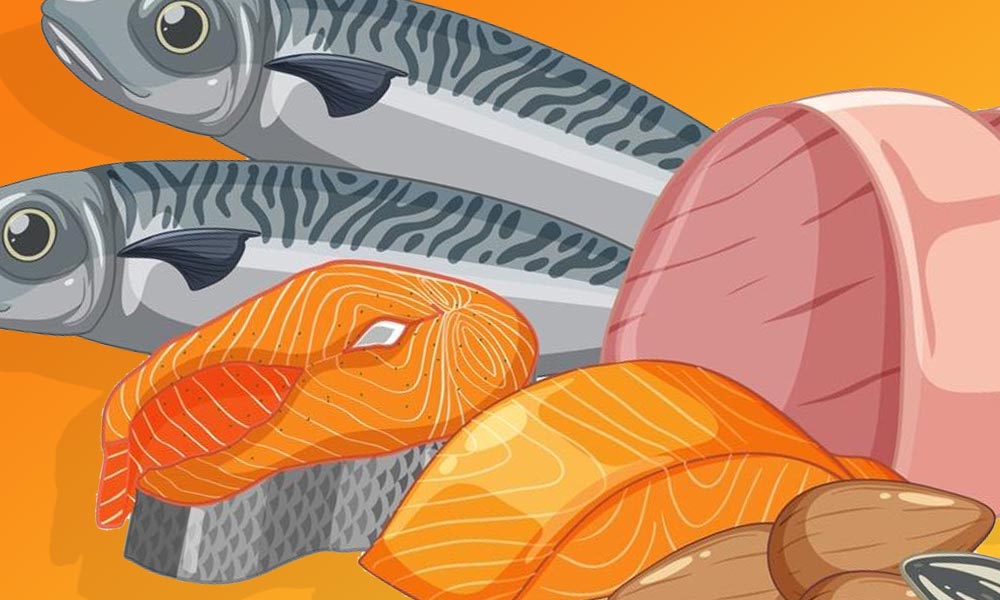Let’s talk about your total protein needs per day. Eating meat (anything that flies, swims, or runs) will play a part in your total needs. Go to my Meat Protein Calculator to determine how much meat protein is okay for kidney stone formers. Here is an article to help you understand meat and its role in kidney stone formation.
Once you figure out how much meat protein you can eat, you factor this into your total protein needs. For example, I get about 55 grams of meat protein but need 80 grams of total protein daily, which I get from nonfat dairy and plant protein.
For those of you who don’t eat meat, you don’t have to worry about the meat protein part of the KSD, but you still need to get your protein needs met, and many of my veggie and vegan patients are not meeting their daily protein goals. Go here and here for help with that.
Also, look at this article to find my favorite protein powders, from plant-based to non-dairy, if you continually need to meet your daily protein needs.
Understanding Your Total Protein Needs
Why is Protein Crucial for Health?
Protein is not just a building block for muscles; it is vital for overall bodily functions, including the health of your bones and the maintenance of strength as you age. Here’s why ensuring adequate protein intake is especially important:
- Bone Health: Protein helps maintain bone density and reduces the risk of osteoporosis and fractures, which are common concerns as we age. Bones are living tissues that require constant maintenance, and protein plays a crucial role in these processes.
- Muscle Strength: As we age, we naturally lose muscle mass, a condition known as sarcopenia. Adequate protein intake helps slow this loss, preserving muscle strength and function, which is crucial for maintaining independence in later years.
- Overall Functionality: Protein is essential for the repair and growth of tissues, enzyme and hormone production, and other bodily functions. It supports the immune system, aids in wound healing, and contributes to a feeling of fullness, which can help manage weight.
Challenges for Seniors
Unfortunately, as we age, many individuals do not meet their daily protein needs, which can exacerbate health issues and impair quality of life. Factors contributing to this include reduced appetite, dental problems, economic constraints, and a lack of awareness about the increased protein needs associated with aging. This lack of awareness is a huge factor! I look at urine collection results all day long with my patients, and so many are protein deficient. It’s always part of my consults to discuss meeting protein needs but not going over your needs. As always, getting proper nutrition is about balance.
Calculating Your Daily Protein Needs
To ensure you are getting the right amount of protein to support your bodily functions, you can follow this simple formula:
Formula to Calculate Daily Protein Intake Per Pound
- Minimum Protein Needs:
- Purpose: To avoid protein deficiency and support essential health.
- How Much? The general recommendation is 0.36 grams per pound of body weight.
- Calculation: Weight in pounds × 0.36 grams/pound
- Maximum Safe Protein Needs:
- Purpose: This is the upper safe limit for most people, which helps ensure that protein intake supports bodily functions without being excessive.
- How Much? Up to 0.91 grams per pound of body weight.
- Calculation: Weight in pounds × 0.91 grams/pound
Example Calculation:
If you weigh 150 pounds:
- Minimum Protein Per Day:
- 150 pounds × 0.36 grams/pound = 54 grams of protein
- Maximum Protein Per Day:
- 150 pounds × 0.91 grams/pound = 136.5 grams of protein
Remember, if you eat meat, it is PART of your total protein. Your daily protein can not be entirely made up of meat, as this can increase your kidney stone risk. To figure out how much meat to eat daily as a kidney stone patient, refer again to this article.
Key Takeaways
For kidney stone patients, balancing protein intake carefully is essential. Discuss your specific dietary needs with a healthcare provider to tailor your protein intake to your health status, lifestyle, and other dietary requirements. Some of you with CKD (chronic kidney disease) may have different protein goals than the average person—talk to your doctor.
Meeting your daily protein needs is a critical component of aging healthily and maintaining your quality of life.
I hope this article has been easy to understand and helpful to you!
Your friend and advocate,
Jill














Leave a Reply